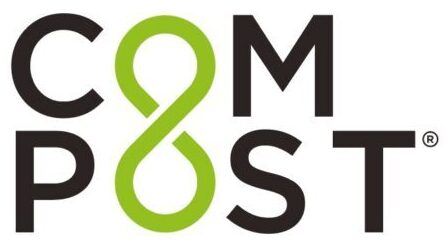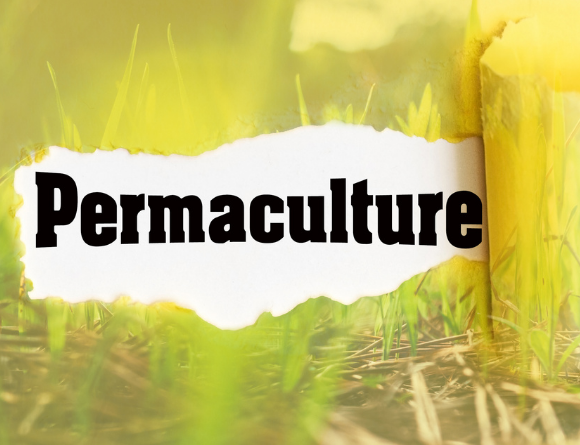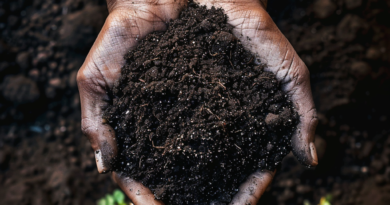How To Manage Your Garden Using Permaculture Principles
A permaculture garden mimics nature to grow edible and ornamental plants to benefit the gardener and the ecosystem.
This process entails a lot of observation to understand the natural elements that affect the garden. The use of chemicals and even over-use of organic inputs or homemade concoctions are discouraged as these could potentially alter the soil conditions and the Garden ecosystem. Here are some of the crucial elements of nature that are critical to a healthy soil food web.
Soils
Soils are exposed nonstop to the forces of nature and weathering. Rain causes some minerals and organic matter to leach out as the water passes through the soil. Bare soil quickly absorbs heat, becoming hot during the hot season and becoming cold during the cold season. Maintaining vegetation acts as a thermal insulator and significantly affects the soil temperature.
Bacteria
Bacteria are everywhere and were the earliest form of life on earth. They are crucial to plant nutrition as they lock up nutrients that would otherwise disappear as a result of leaching. “Other members of the soil food web obtain their energy and nutrients by eating bacteria. If there aren’t sufficient numbers of bacteria in the soil, populations of these members of the soil food web suffer. Bacteria are part of the base of the soil food web food pyramid.” A gardener needs to appreciate that bacteria are at the front line of defence and thus encourage a healthy soil food web.
Fungi
Fungi are another underappreciated species by gardeners. Perhaps when you think of Fungi, you think of fungal diseases and all the damage they can cause. Fungal diseases are caused by plant pathogens.
Mycorrhizal fungi play a critical role in the soil food web. Fungi grow from spores into thread-like structures known as hyphae that transport nutrients from one location to another. Fungicides but also pesticides, inorganic fertilizer, and physical alteration of the soil (rototilling, double digging) destroy fungal hyphae. Chemicals do so by sucking the cytoplasm out of the fungal body. Tilling simply breaks up the hyphae.
Fungi, protozoa, bacteria, nematodes, anthropods and other members of the soil food web play a critical role by working 24/7 for your garden.
Permaculture values
As a gardener using permaculture principles, you need to use the permaculture values to guide how you design and manage the garden.
1) Care of Earth
2) Care For People
3) Setting limits to consumption
4) Returning the surplus
Bill Mollison, the co-founder of Permaculture says
“Design is a connection between things. It’s not water, or a chicken, or the tree. It’s how the water, the chicken and the tree are connected. It’s the opposite of what we are taught in school. Education takes everything and pulls it apart and makes no connections at all. Permaculture makes the connection because as soon as you have the connection, you can feed the chicken from the tree.”
Remember, a happy, healthy soil food web is the connection you need for a happy healthy garden.
Read More From Jeff Lowenfels. “Teaming with Microbes”.




